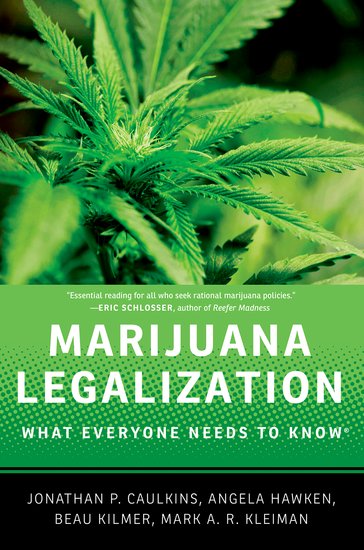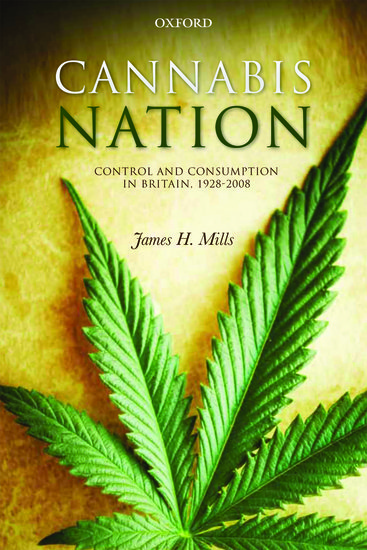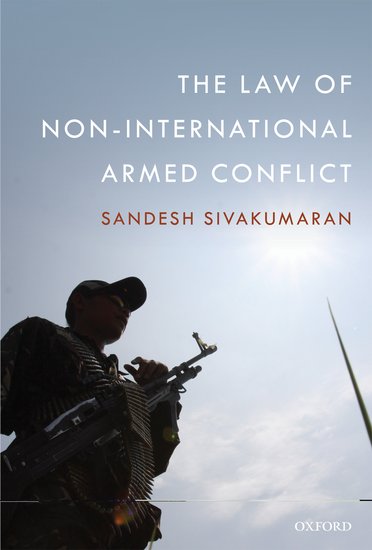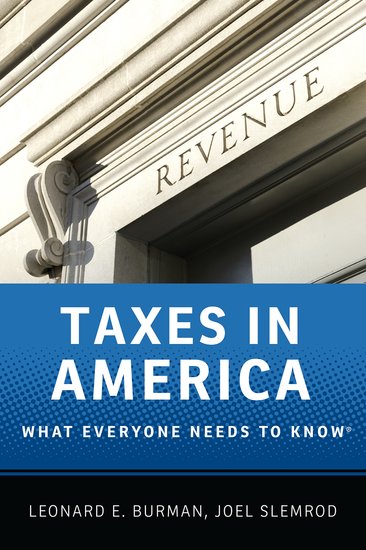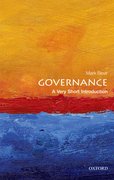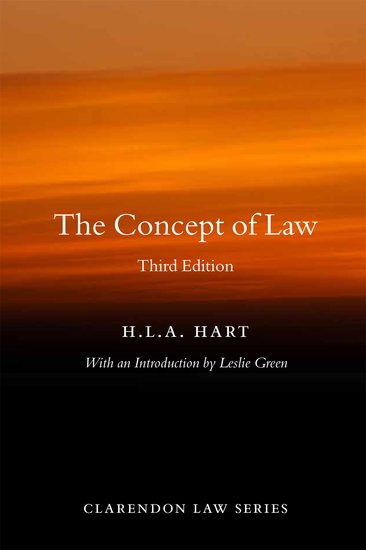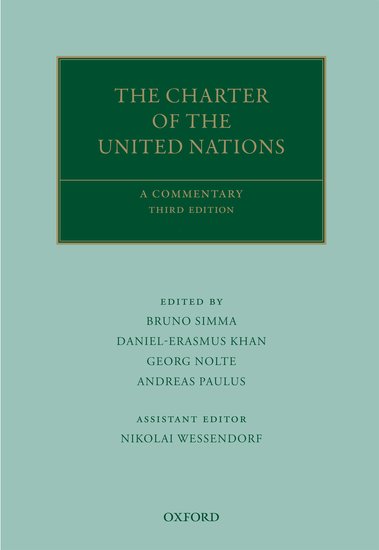Limit the estate tax charitable deduction
By Edward Zelinsky
One widely-discussed possibility for reforming the federal income tax is limiting the deduction for charitable contributions. Whether or not Congress amends the Code to restrict the income tax deduction for charitable contributions, Congress should limit the charitable contribution deduction under the federal estate and gift taxes. Such a limit would balance the need for federal revenues with the desirability of encouraging charitable giving.


